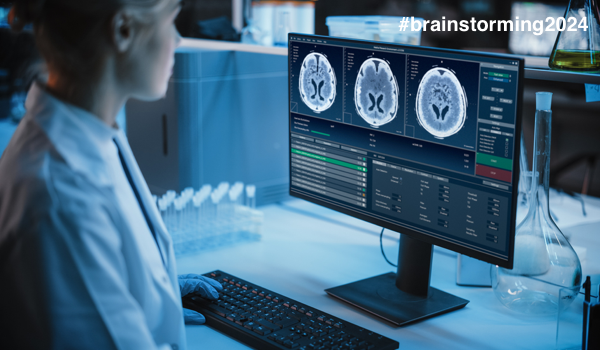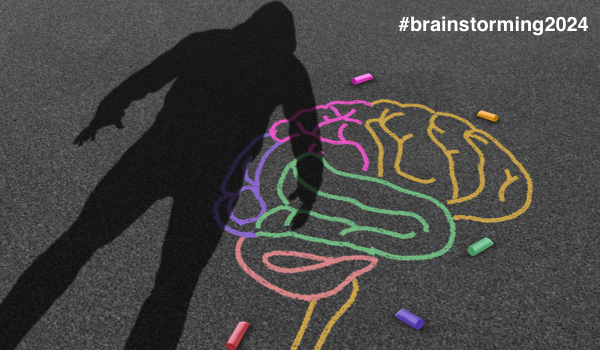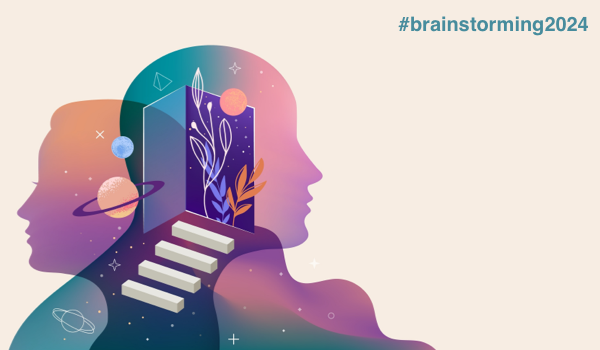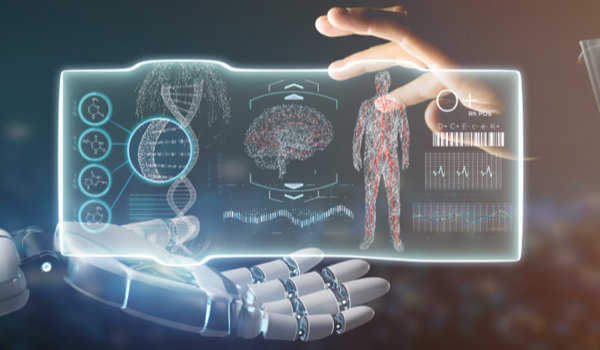

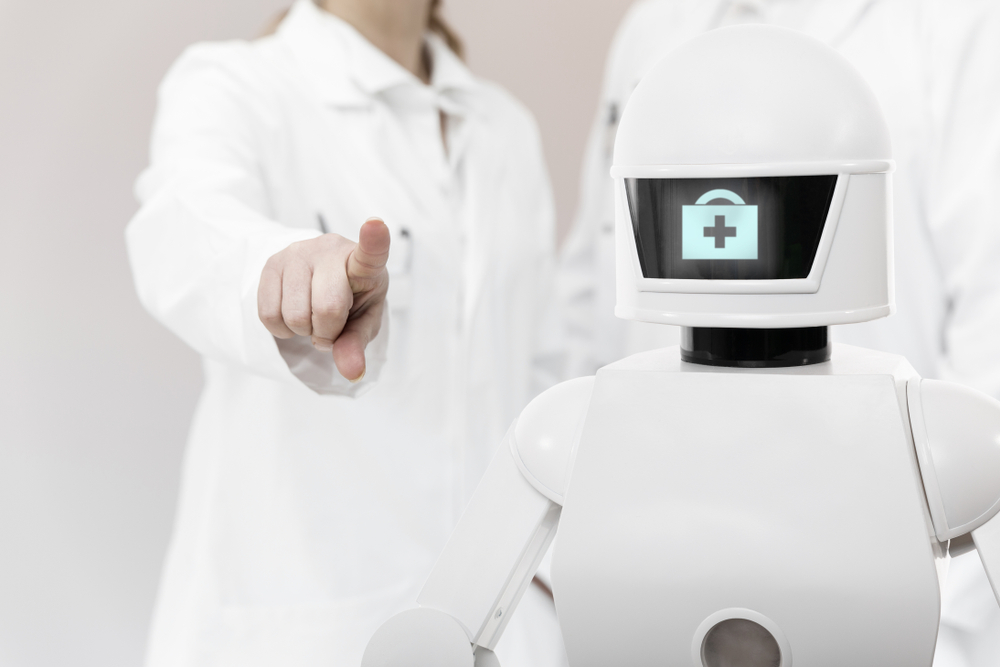
PALO ALTO, CALIFORNIA - Artificial intelligence (AI) has the potential to improve the health of millions of patients worldwide. Easy access to physicians may be the norm in developed countries, this is not the case in many developing countries. AI algorithms hold the promise to make up for these shortcomings. Improved decision making without the need for highly educated healthcare workers, more accurate risk prediction for future diseases, and more efficient healthcare processes at large are the expected results of novel AI methods. There is one additional major issue that the current healthcare environment is struggling with, which is implicit bias.
It is well known that all people, including professional healthcare workers, are affected by implicit biases. Without consciously knowing, we tend to have attitudes and stereotypes towards people. The healthcare field is deeply affected by this psychological phenomenon. While physicians and nurses oftentimes actively focus on fair treatment policies, biases toward patients based on race, gender, body habitus, and socioeconomic status are still present. Multiple studies have indicated that healthcare professionals favor specific diagnoses or treatment strategies based on specific patient characteristics.[1],[2] Independent of how good a physician or nurse is, human beings will always be affected by their implicit bias. Dr Schulman and colleagues, for example, conducted a study on differences in the use of cardiovascular procedures according to the race and sex of patients.[3] Their results suggest that the race and sex of patients a
The content herein is subject to copyright by The Yuan. All rights reserved. The content of the services is owned or licensed to The Yuan. Such content from The Yuan may be shared and reprinted but must clearly identify The Yuan as its original source. Content from a third-party copyright holder identified in the copyright notice contained in such third party’s content appearing in The Yuan must likewise be clearly labeled as such. Continue with Linkedin
Continue with Linkedin
 Continue with Google
Continue with Google







 3729 views
3729 views

